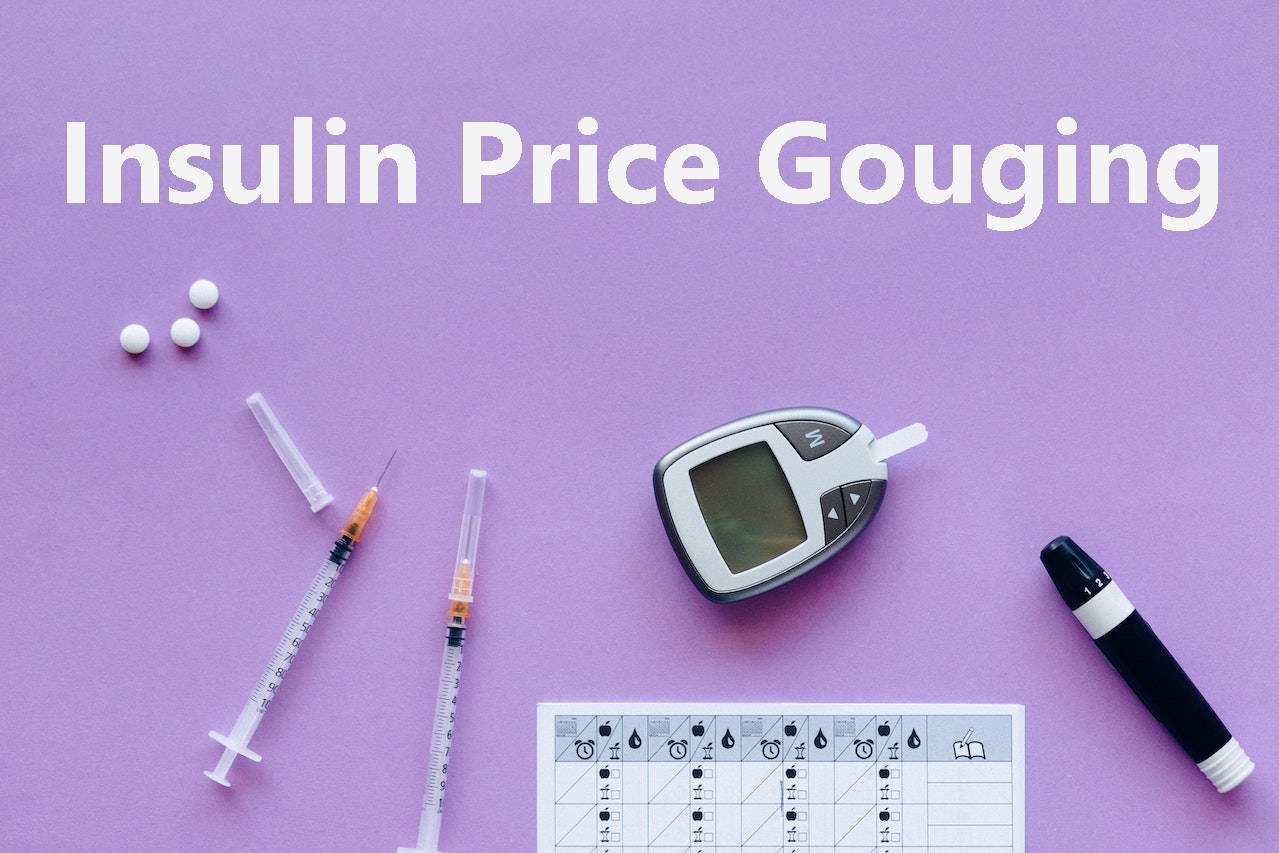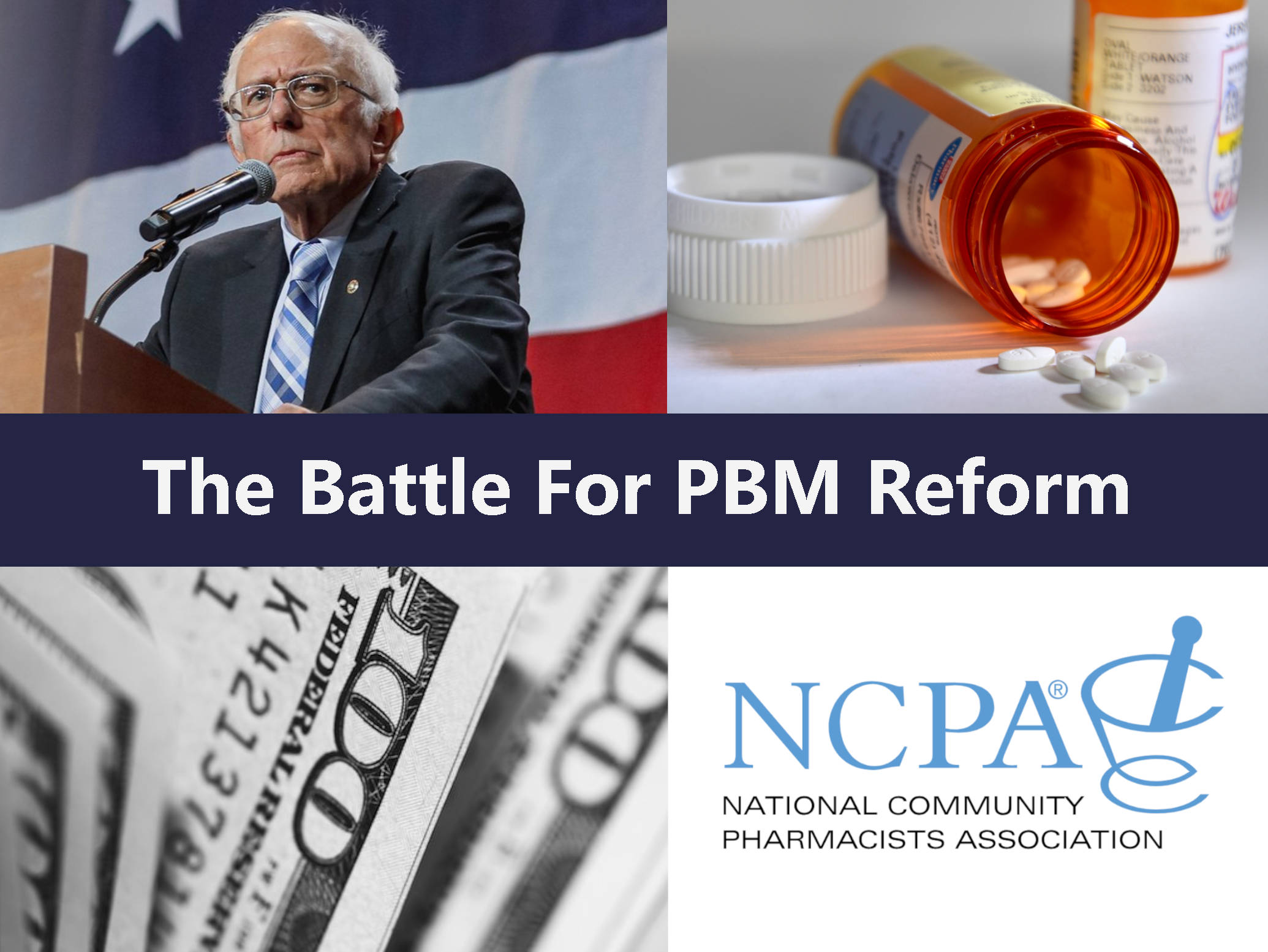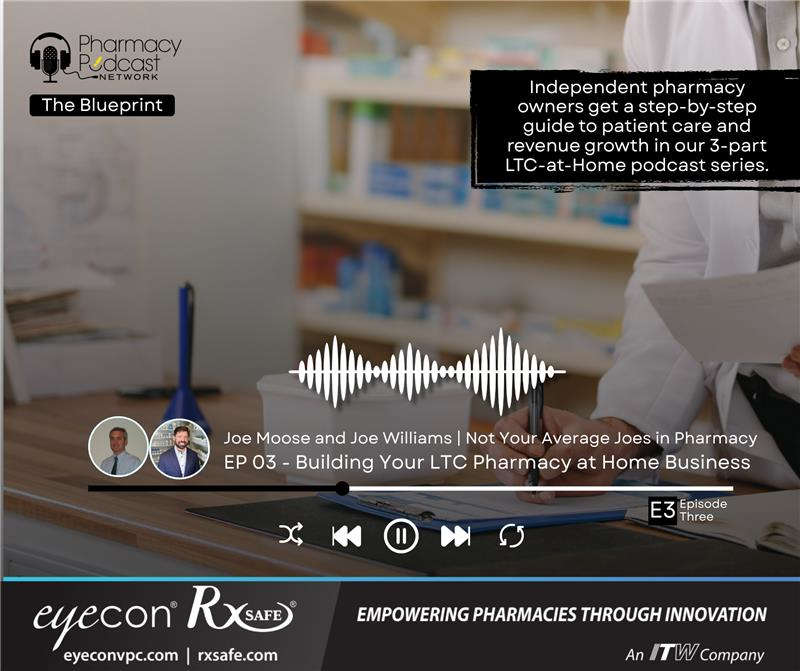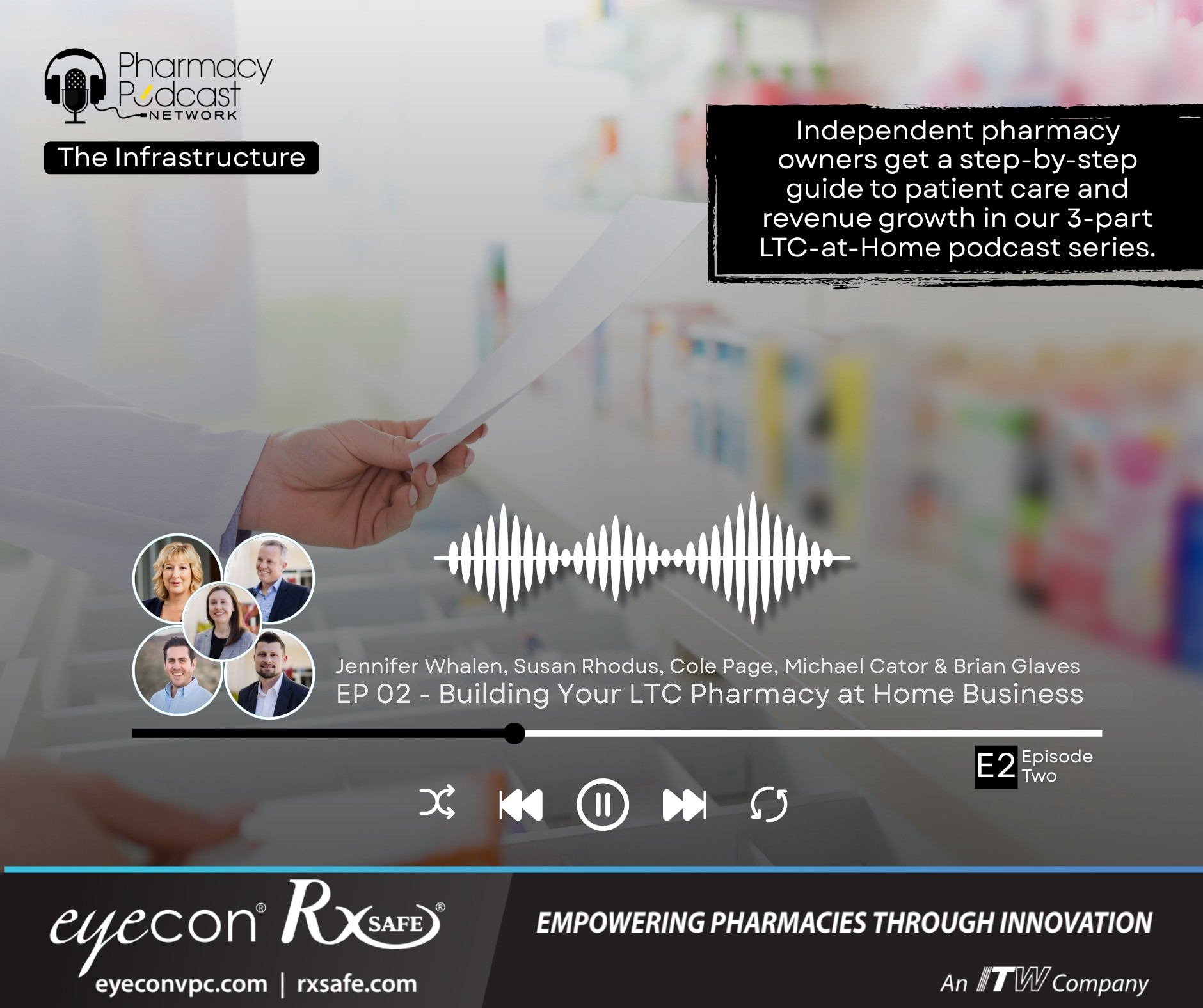
As Congress debates legislation to rein in pharmacy benefits managers (PBMs), the Big Pharma middlemen are fighting another battle in the court of public opinion: the high cost of insulin, and whether it’s PBMs – or the drugmakers themselves – that are to blame.
In mid-May, lawmakers on the Senate Committee on Health, Education, Labor and Pensions (HELP), led by Sen. Bernie Sanders (I-VT), grilled insulin manufacturers Eli Lilly, Novo Nordisk and Sanofi on why the cost of insulin has tripled over the past decade in the United States, with out-of-pocket costs doubling during that same time period.
Collectively, representatives from the three companies cited many reasons why they’re not to blame for the 1.3 million Americans who are rationing their insulin due to its high cost. More than 37 million Americans have diabetes. Of those patients, about 7 million require some form of insulin.
Drugmakers: It’s the PBM Industry’s Fault!
“People have died or have ended up the hospital,” said Sanders, “and [drugmakers] are supposedly working night and day to reduce the price of insulin, but people all over the world are paying a fraction of the cost that Americans are paying for insulin and other drugs.”
Eli Lilly CEO David Ricks said his company has not raised the list price for Humalog and other insulin products since 2017. Lilly also has announced new consumer price caps on its drugs, Ricks said. He said the high costs are due to the role PBMs play in drug pricing.
“Last year, about 80% of our list prices went to pay ever-increasing fees and rebates to companies who don’t invent, didn’t develop nor manufacture the medicine,” Ricks explained. “With the remaining 20%, we cover the cost of making and distributing the product, which also supports about 4,000 high-paying manufacturing jobs here in America with full benefits and pensions.”
Sanders did not appear to accept Ricks’ explanation.
“So, drug manufacturers claim rebates are the reason for price increases,” he added. “But the facts show otherwise. Government study after government study has concluded that price increases are not the result of rebates or discounts.”
Sen. Mike Braun (R-IN) joined Sanders in asking why the US consistently pays more for drugs than other developed countries, saying the current situation doesn’t line up with free enterprise principles.
“The rest of the world can buy drugs for one-fourth the price,” Braun said. “They have healthcare as being 10% to 12% of their GDP, with every developed country having outcomes as good as, if not better. And here we are at 18% of our GDP, and it’s going up as opposed to going the other way. Nothing works like that in a true market context.”
PBMs: We’re the Good Guys!
PBM representatives who participated in the panel, including executives from CVS Health, Express Scripts and OptumRx, were quick to return fire on the drugmakers.
“The PBM industry has helped clients hold increased spending to just 4.5% and kept member cost growth to just 1.4%,” said David Joyner, president of pharmacy services at CVS Health. Joyner placed the blame for rising drug costs on high list prices and a lack of competition in the market.
However, a study conducted by researchers at the University of Southern California (USC) found that drugmakers’ share of revenue from insulin sales has declined in recent years. In 2014, the researchers determined, 30% of insulin revenue went to PBMs. By 2018, those same middlemen were receiving 53% of insulin expenditures.
“The middlemen, and particularly pharmacy benefit managers, have been effective in negotiating lower prices from manufacturers,” said Karen Van Nuys, an assistant professor at the USC Sol Price School of Public Policy, and one of the lead researchers of the study. “What they haven’t been doing is sharing gains from those lower prices with patients. They’ve been keeping them.”
Illinois: We’re Suing Both of You!
Meanwhile, others are not buying into the finger-pointing between Big Pharma execs. Recently, the Attorney General of Illinois filed a lawsuit against Eli Lilly, CVS Pharmacy, Novo Nordisk and others.
In a 125-page fraud complaint filed in Cook County Circuit Court, AG Kwame Raoul accused pharmaceutical companies of artificially inflating the cost of insulin by more than 1,000% since the late 1990s.
"Today, insulin has become the poster child for skyrocketing and inflated drug prices," stated Raoul’s office in the complaint. "Remarkably, nothing about these medications has changed. Today's $350 insulin is the exact same drug defendants originally sold for $20."
The lawsuit singles out Eli Lilly in particular, noting the price for a dose of Humalog rose by 1,527% between 1997 and 2018.
Meanwhile, the HELP committee recently passed a PBM reform package which, among other things, is aimed at increasing transparency for PBM pricing and practices, including a requirement for PBMs to pass along 100% of rebates they receive from drugmakers to health plans and employers. The legislation is sure to face an uphill battle in Congress. Stay tuned!




/Dry%20landscape%20in%20sepia%20shades%20with%20cracks%20on%20the%20ground.jpeg)


.png)


